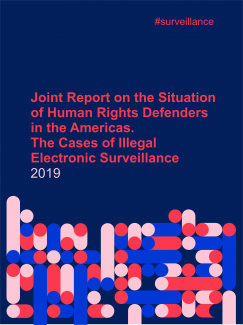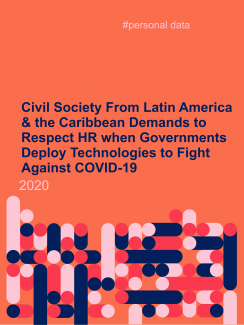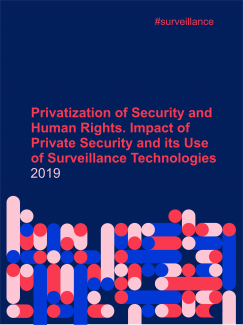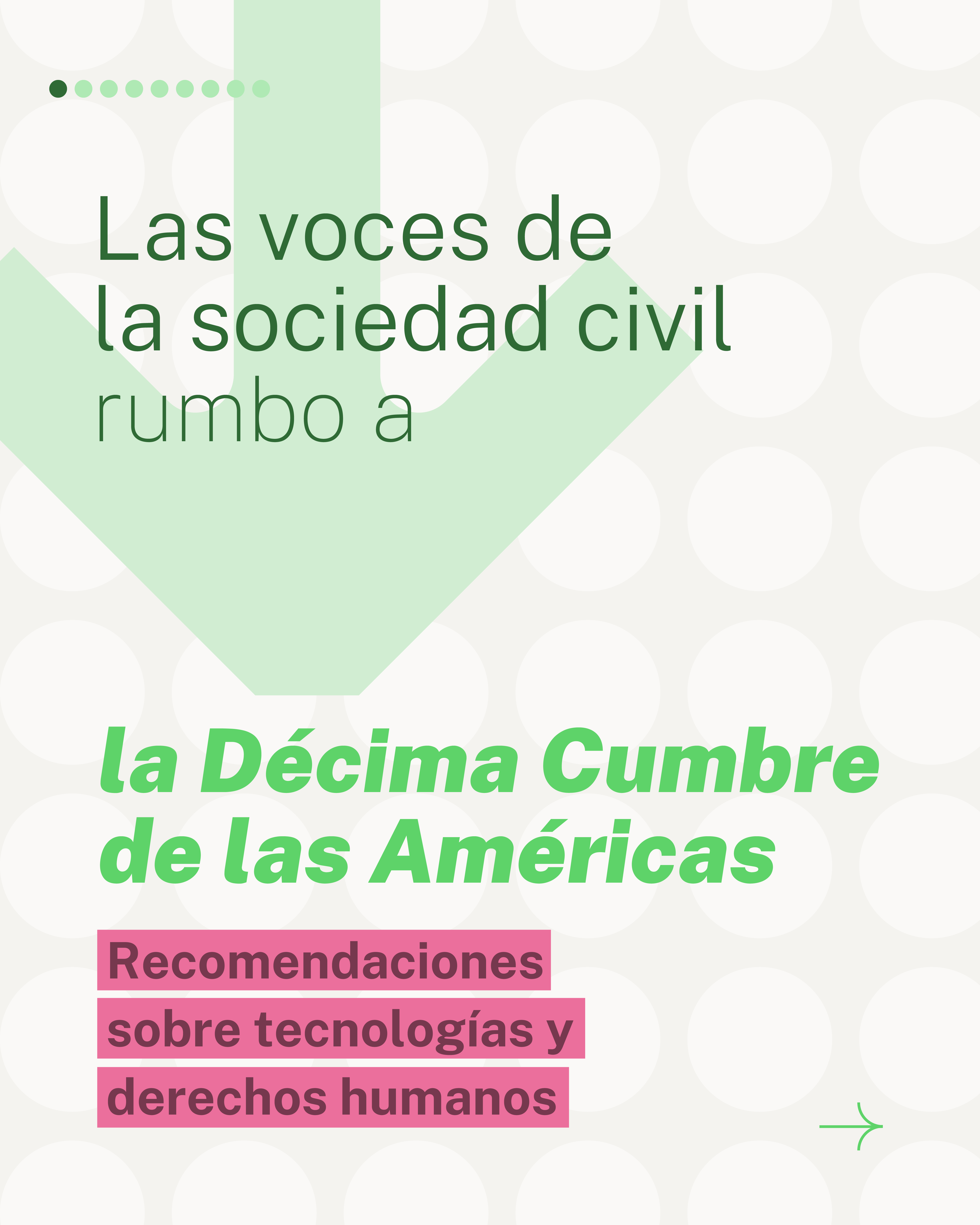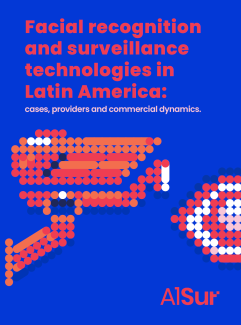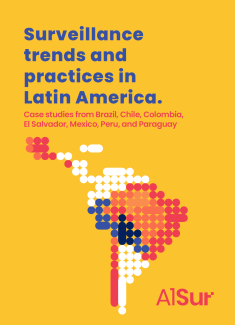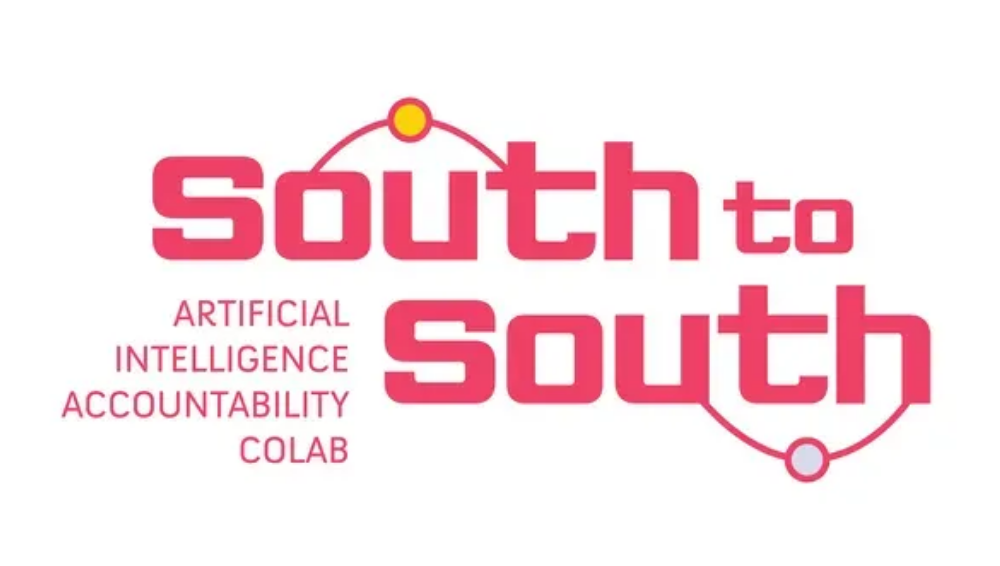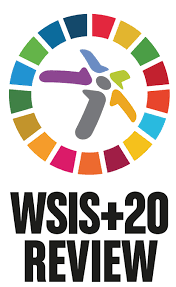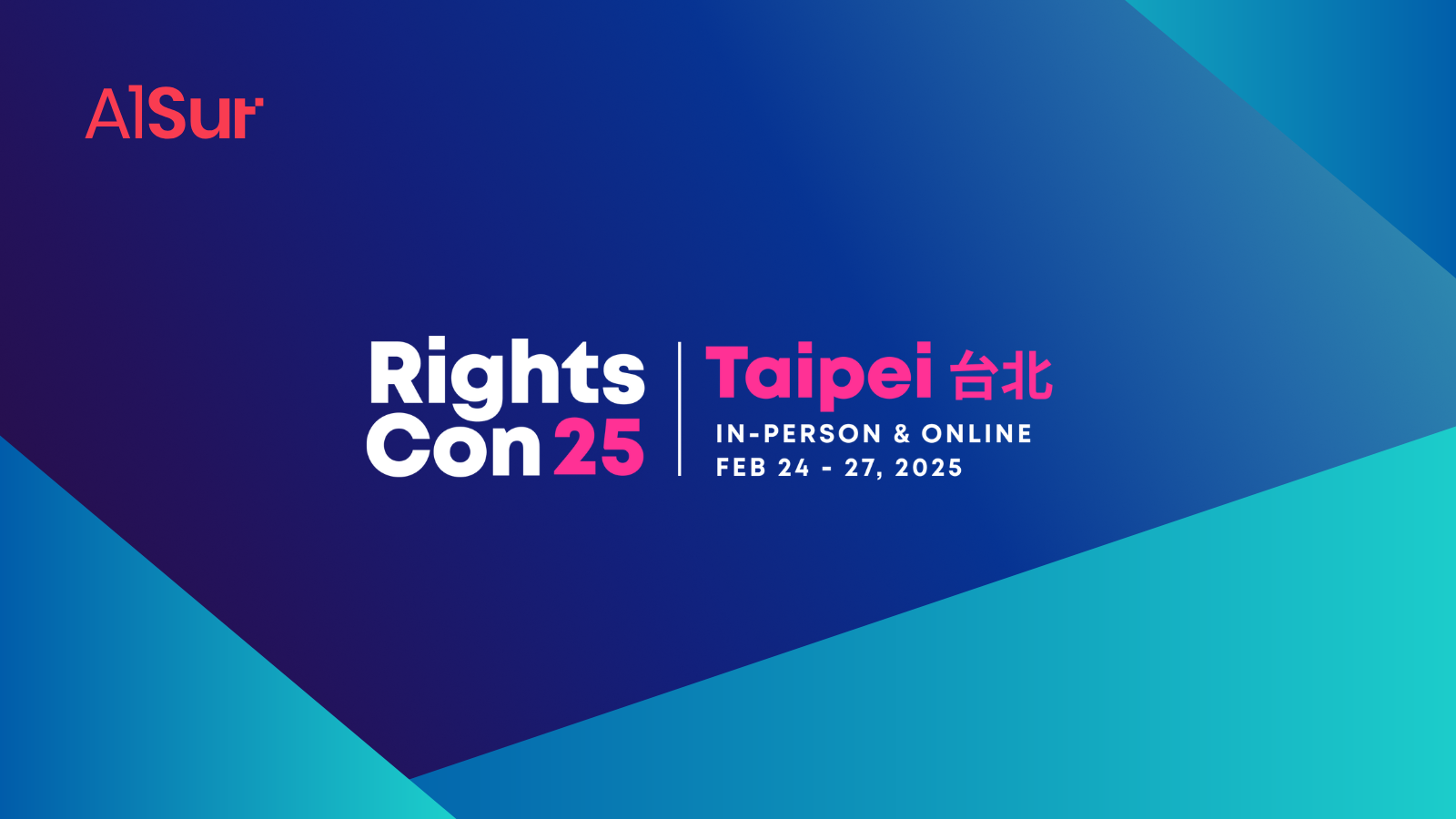Annual report 2025
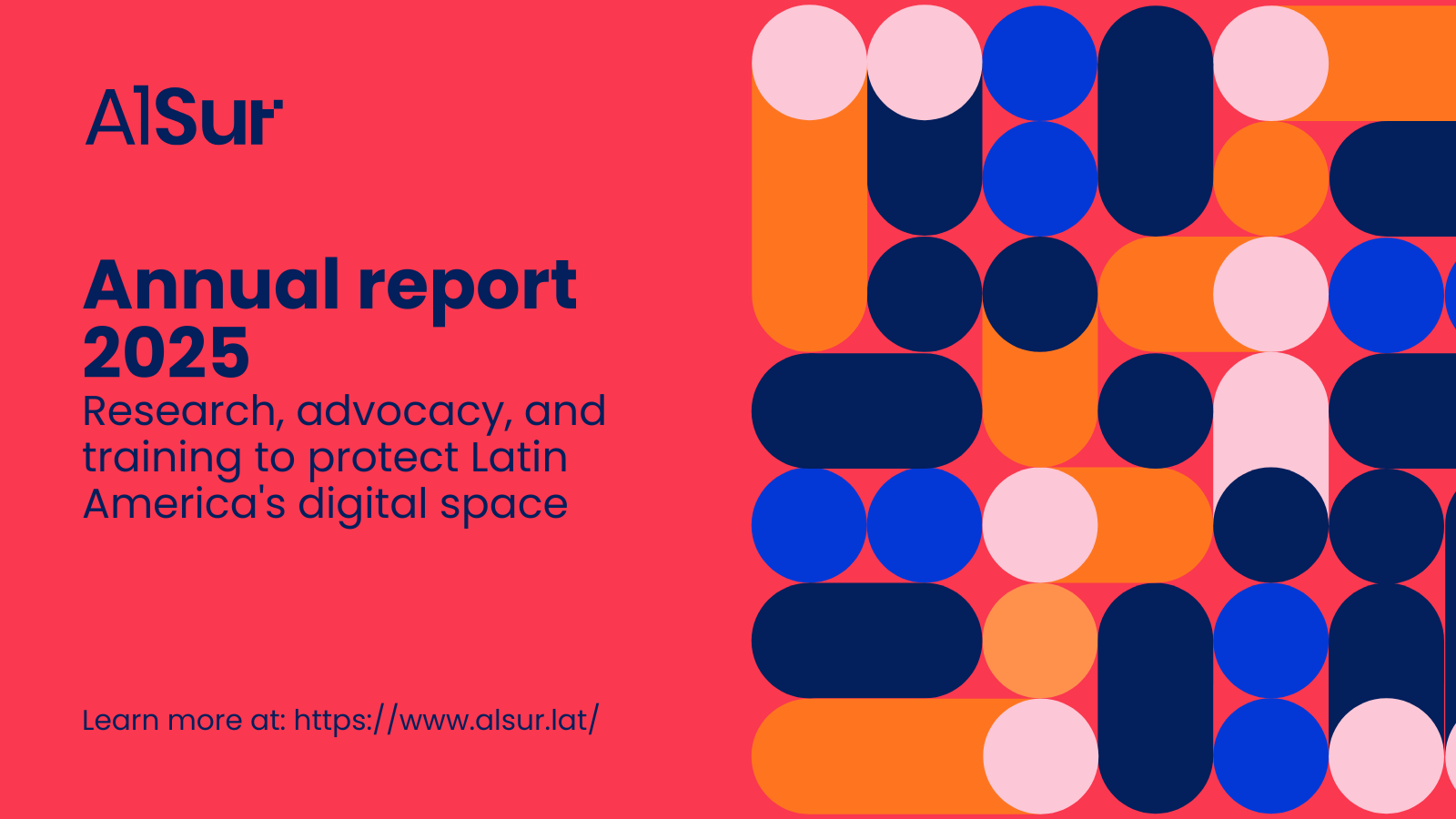
The year 2025 presented a challenging landscape for human rights in digital environments.
The world witnessed serious crises: devastating armed conflicts in Africa and Europe, genocide in Palestine, multilateral tensions, and a worrying apathy on the part of states and companies in the face of the climate crisis. Added to this is the contraction of international cooperation and greater direct participation by large technology companies in political decisions and processes in the region and around the world.


